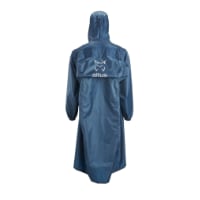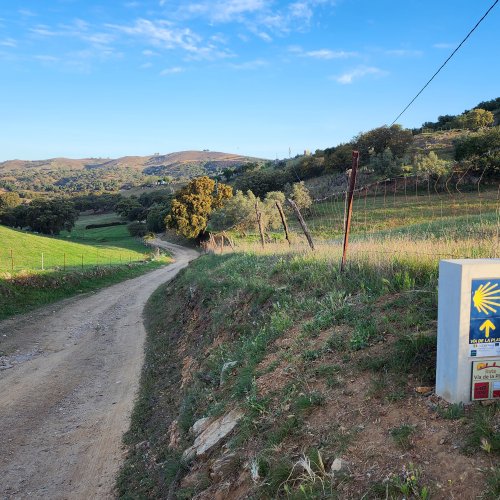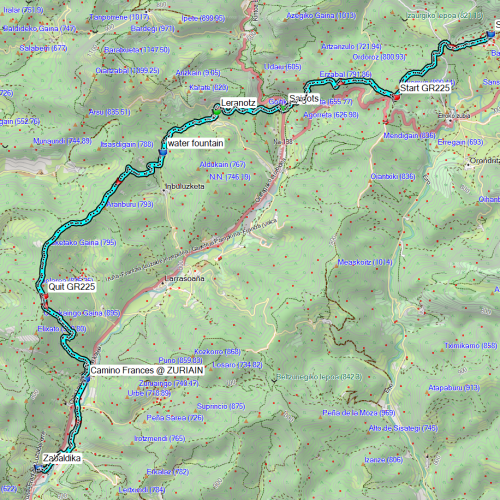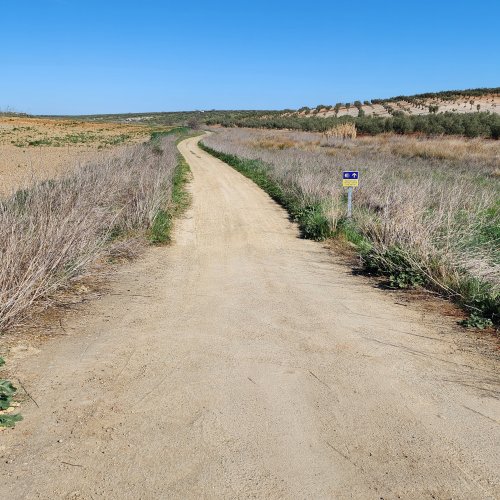WGroleau
Wandering Weirdo aka 伟思礼
- Time of past OR future Camino
- 2015–2018 (partial)
We call the person who checks you in at an albergue "hospitalero" or "hospitalera." As far as I know, there is no good English single-word equivalent. Is there a one- or two-word equivalent in Korean? Not looking for an explanatory phrase; I can do that myself. If there isn't one, no problem just sticking hospitalero into a sentence like I do in English. (I've noticed that many of the Korean pilgrims speak neither Spanish nor English.)
For what it's worth, the DRAE doesn't even have it. And the closest thing it does have is marked "unused."
Also, anyone know of a CF guide in Korean? I've seen them in Japanese and Chinese, but I don't remember any Koreans having them (except electronic ones).
For what it's worth, the DRAE doesn't even have it. And the closest thing it does have is marked "unused."
Also, anyone know of a CF guide in Korean? I've seen them in Japanese and Chinese, but I don't remember any Koreans having them (except electronic ones).












